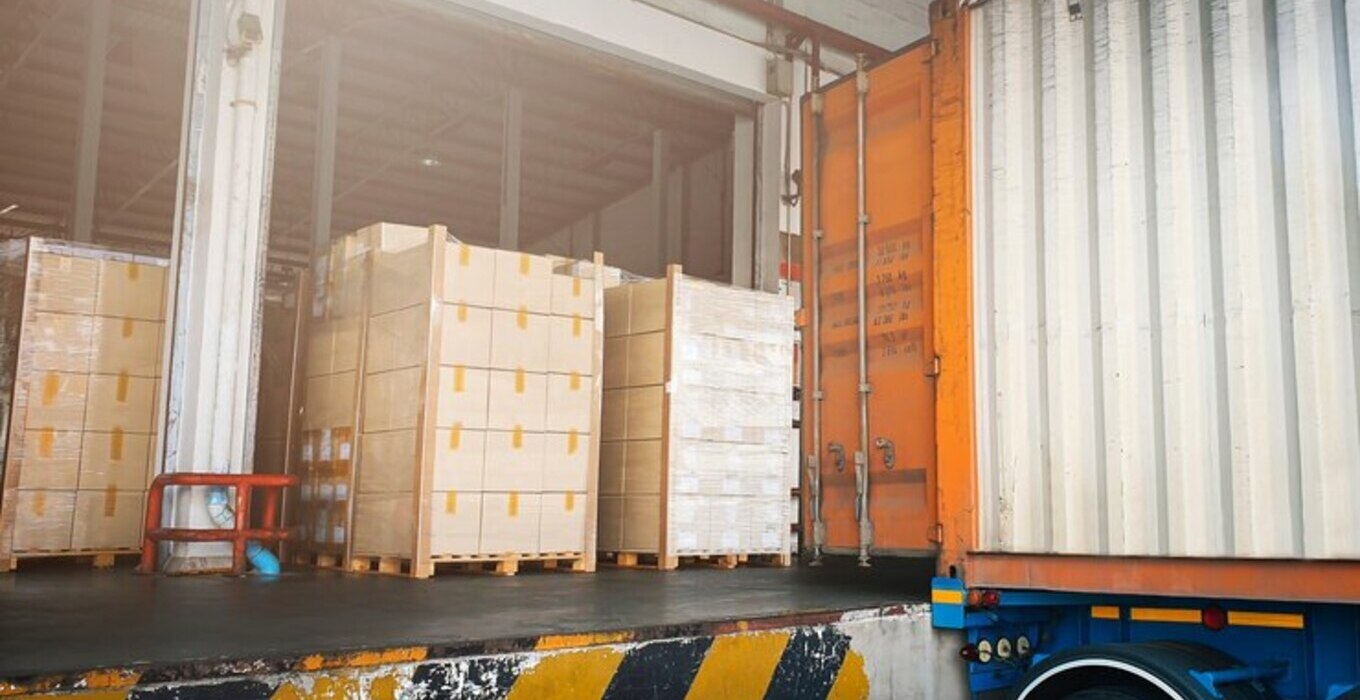

The Ministry of Trade has disclosed to the public for the first time that Indonesia is considering the possibility of putting a safeguard tax of up to 200% on imports of textiles and other items in order to protect domestic industry. As Indonesia's primary importers of apparel and accessories, Vietnam, China, and Bangladesh are thought to be the major targets of the action. The government was also encouraged by the Indonesian Textile Association to expedite the imposition of anti-dumping import charges, particularly on Chinese goods.
On June 28, Indonesia's Minister of Trade stated that the goal of the action was to protect local businesses from an influx of cheap products. Although the president of Indonesia called a meeting to address the issue, authorities claimed they had not yet formally started talking about the specifics of its implementation.
The trade minister stated that the new regulation, which is anticipated to be finished soon, would update the import tariff legislation, which is set to expire in November 2022. The government is planning to impose import duties and anti-dumping measures on textiles, garments, electronics, footwear, ceramics, and luggage in addition to reviewing amendments to the Import Restriction Ordinance in response to discussions on the bankruptcy of textile enterprises at a meeting at the Presidential Palace.
However, the Indonesian Ministry of Trade further said that a thorough examination will be carried out to determine the amount of job losses that may have occurred in several industries, including textiles, apparel, footwear, ceramics, electronics, and cosmetics, as well as to evaluate the influence of imports on the sector. The Trade Protection Agency (KPPI) of Indonesia will carry out the examination, which will entail a review of trade data for the previous three years to ascertain if high import duties are necessary to safeguard indigenous industries. If the government establishes a causal link between the increase in imports and the rise in unemployment, the trade minister stated that protective import taxes of up to 200 percent will be taken into consideration for the industry.
The decision was taken at a cabinet meeting headed by President Joko Widodo and was consistent with current regulatory and international trade laws. He said that safeguard duties, which were applied to all imports regardless of origin, had been expanded to a wide range of textiles. Luhut Binsar Pandjaitan, the Minister for Maritime Affairs and Investment Indonesia, emphasized Indonesia's significant trade and investment relationships with nations like China and promised to keep these relationships strong through continuous communication in order to address any potential policy changes.